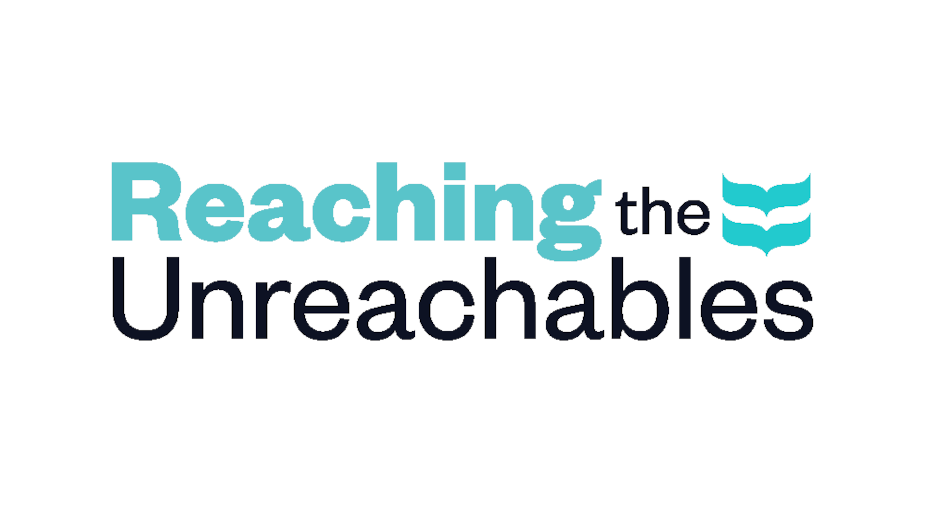
Whalar Unveils Study Proving the Creator Economy Delivers More Engagement than Madison Avenue

According to a new study, Gen Z and Millennials reject traditional advertising because they prefer hearing directly from authentic, relatable voices – creators. Today, global creator commerce company Whalar releases the results of its 'Reaching the Unreachables' research, which explores why creator content has largely replaced traditional advertising as a strategy for engaging the ‘Ad-Never Generation.’
The research found that Gen Z and Millennials are shifting their attention away from conventional media channels and toward global content creators. This shift can be attributed to the sense of community, belonging, and trust fostered by content creators – unlike traditional advertising, which respondents said made them feel manipulated.
This seismic shift in media consumption requires marketers and brands to rethink their approach to reaching, building relationships with, and remaining relevant to younger audiences.
Key findings from the ‘Reaching the Unreachables’ study include:
- Audiences are going straight to the content they want, seeking realism and connection in their social media experience – and doing it almost entirely ad-free. More than half of Gen Zs surveyed in the US reported spending ZERO hours on ad-supported television on any given day, with more than 60% of young consumers in the US and UK saying they always try to block or skip ads when online.These generations are gravitating toward small, private digital communities, choosing to build meaningful connections around shared passions rather than spend their time in large, public-facing media spaces.
- Creators build trust and loyalty, and they make people feel 'good.’ More than half of respondents (>50%) said that they tend to trust online content from individuals as much or more than content from big news and media organisations, and that they trust the product recommendations of the creators they like. In the US, 64% of young people surveyed said they ‘really enjoy and feel loyal to’ creators and influencers, and 61% said they often purchase products they’ve seen demonstrated or discussed by content creators on social media. Young people are also more likely to share content from people they engage with than they are to share content from brands, with nearly three out of four Gen Zs and Millennials sharing content from individuals as frequently as every week.
- Young consumers gravitate and respond to the communities fostered and nurtured by creators. Online communities are the most important places to reach Gen Zs and Millennials today—but also the most difficult to get right. More than half of those surveyed said it’s essential that a brand’s values match their personal values, with roughly four in 10 saying it’s essential that the brand is minority-owned, demonstrating the value this generation places on the principles of diversity.
- Young consumers respond to creators and listen to them. Roughly seven in 10 people surveyed said they are more likely to trust a review from a person who ‘seems like them.’ More than 60% said they are more likely to trust a product recommendation if it comes from someone who is part of the same online community they belong to, and that they have used online communities to help them decide which products and brands to buy.
Whalar global CMO Jamie Gutfreund said: “The era of mass-produced creative is rapidly drawing to a close, but the good news is that brands now have the ability to source ideas and content directly from the communities they most want to reach - at scale. With this study, we can officially say once and for all that the Creator Economy has overtaken traditional marketing. The future is creators, and there’s no turning back.”
In response to the study results, Whalar created a roadmap of recommendations and best practices to help guide brands through understanding and navigating online communities and the new rules of engagement. Steps for success include:
1. Go beyond just selling and shift to listening. Creators and communities are valuable sources of information and inspiration. They are your target audiences, Smart brands engage this super-powered focus group for feedback and insights.
2. Determine how the brand can add value to the community. As an 'invited guest,' it's important that a brand add to the conversation through exclusive content, experiences and demonstrating respect for the community
3. Build trusted, respectful partnerships with creators in the community. Creators are their own brands, not actors with scripts. Brands will be more successful if they approach these relationships as collaborations – brand to brand. “Give Creators the right brief and be clear about your brand purpose and values, but don’t expect them to adopt your brand guidelines.” said Jamie
Other best practices encouraged by Whalar include developing longer term strategic partnerships, rather than treating collaborations as a short-term tactic focused solely on transactions.
To conduct this study, Whalar partnered with insights and strategy company Front Row Insights in February 2022 to survey 2,000 people ages 18 to 40 – all of whom used social media on a daily basis – in the US and UK Those findings were supplemented with interviews conducted in May 2022.
Download the full study here.













.png)